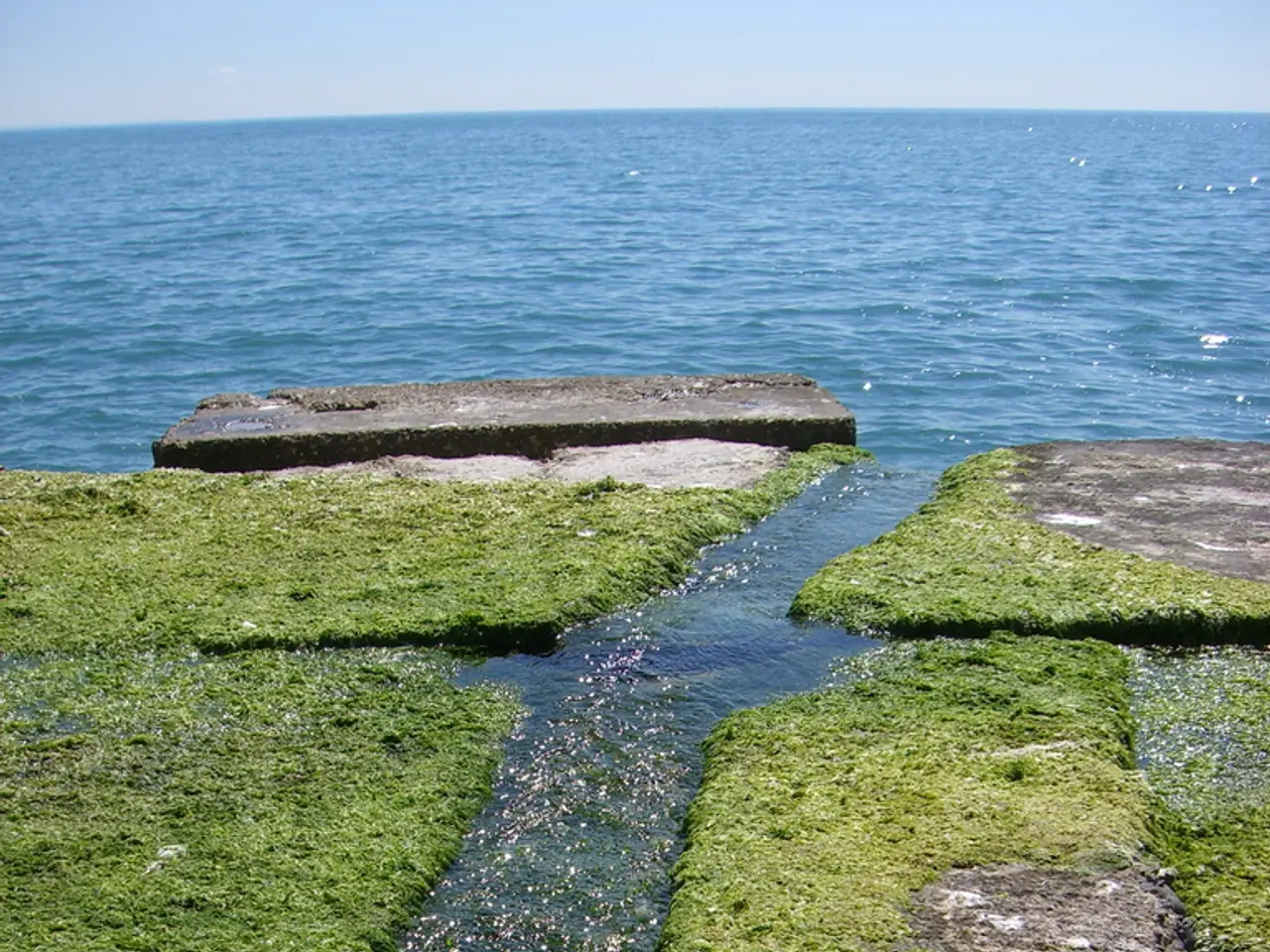EU Plans to Classify Russia on Money Laundering Watchlist
The Lowdown on Europe's Potential Money Laundering Crackdown
The European Union is mulling over a decisive action against Russia, weighing the addition of the country to its "grey list" of nations with lax anti-money laundering regulations. This move is aimed at ratcheting up financial pressure on Moscow, as reported by Financial Times, citing sources within Brussels.
Representatives of the European Commission have confirmed discussions about this option, with a majority of European Parliament members expressing their support. Notable German MEP, Marcus Ferber, said, "There's massive support for including Russia in the list."
The EU already maintains a list of countries with subpar anti-money laundering controls, but it's based on suggestions from the intergovernmental Financial Action Task Force (FATF). Leaked EU preliminary lists, as seen by Financial Times, hinted at potential additions such as Algeria, Angola, Kenya, Côte d'Ivoire, Laos, Lebanon, Monaco, Namibia, Nepal, and Venezuela, while removing Barbados, Gibraltar, Jamaica, Panama, Senegal, Uganda, and the UAE.
Quick Facts:- The EU's grey list addition was initially scheduled for this week, but the EC postponed the approval until the beginning of next week due to internal administrative issues.- The European Parliament needs majority support to adopt the list. As of now, socialists are reluctant to vote for the UAE, while conservatives have reservations about Gibraltar, making a consensus elusive.- Including Russia could potentially swing the vote in favor of the list, as European Parliament members can only accept or reject it, not make any amendments to it.
Previously, in February 2023, the FATF suspended Russia's membership, citing concerns over Russia's trade with countries under United Nations sanctions and its role as a source of cyber threats. FATF has, however, refused to blacklist or greylist Russia.
Insights:- The European Union's contemplation of adding Russia to its grey list stems from concerns over Russia’s inadequate measures to prevent money laundering and terrorism financing, further intensified by Russia’s suspension from FATF.- Including Russia on the EU grey list would necessitate stricter scrutiny and higher costs for transactions involving Russian entities or individuals, further isolating Moscow financially.- The EU's formal decision to induct Russia into the grey list has been delayed but enjoys significant political backing within the European Parliament. Expectations are that the decision will be finalized soon.
- The European Parliament's decision to potentially add Russia to the EU's grey list of nations with lax anti-money laundering regulations could have implications for Russian businesses and finance, as stricter scrutiny and higher costs for transactions involving Russian entities or individuals may be necessary.
- The ongoing discussions about adding Russia to the grey list are not absent from the realm of politics, with a majority of European Parliament members expressing their support, and the inclusion of Russia potentially swinging the vote in favor of the list, despite internal reservations about the inclusion of Gibraltar and the UAE.
- The European Union's contemplation of adding Russia to the grey list also underscores the broader issue of global anti-money laundering regulations, as the EU's grey list addition follows the suspension of Russia from the intergovernmental Financial Action Task Force (FATF) in February 2023, due to concerns over Russia’s inadequate measures to prevent money laundering and terrorism financing.





